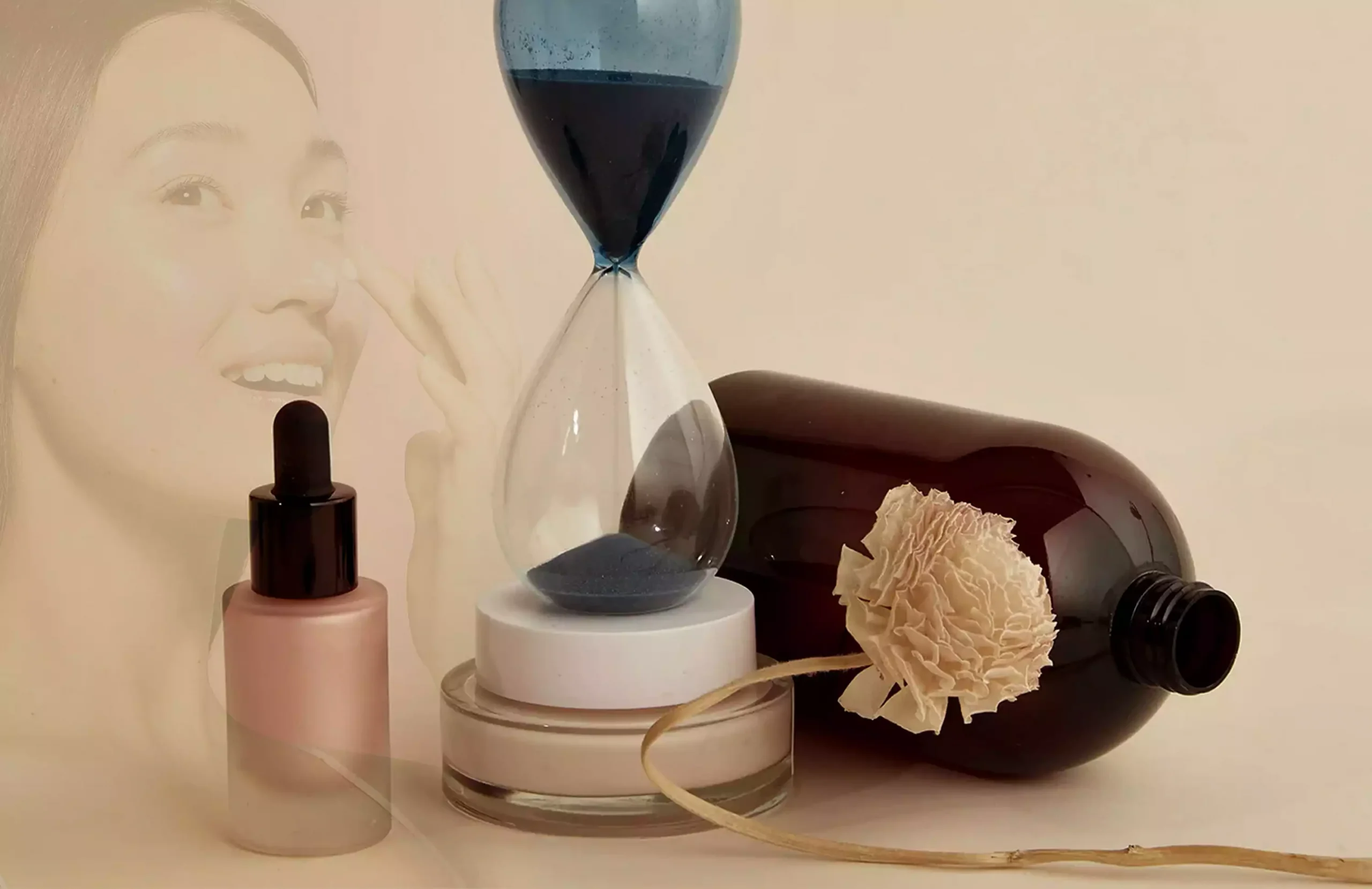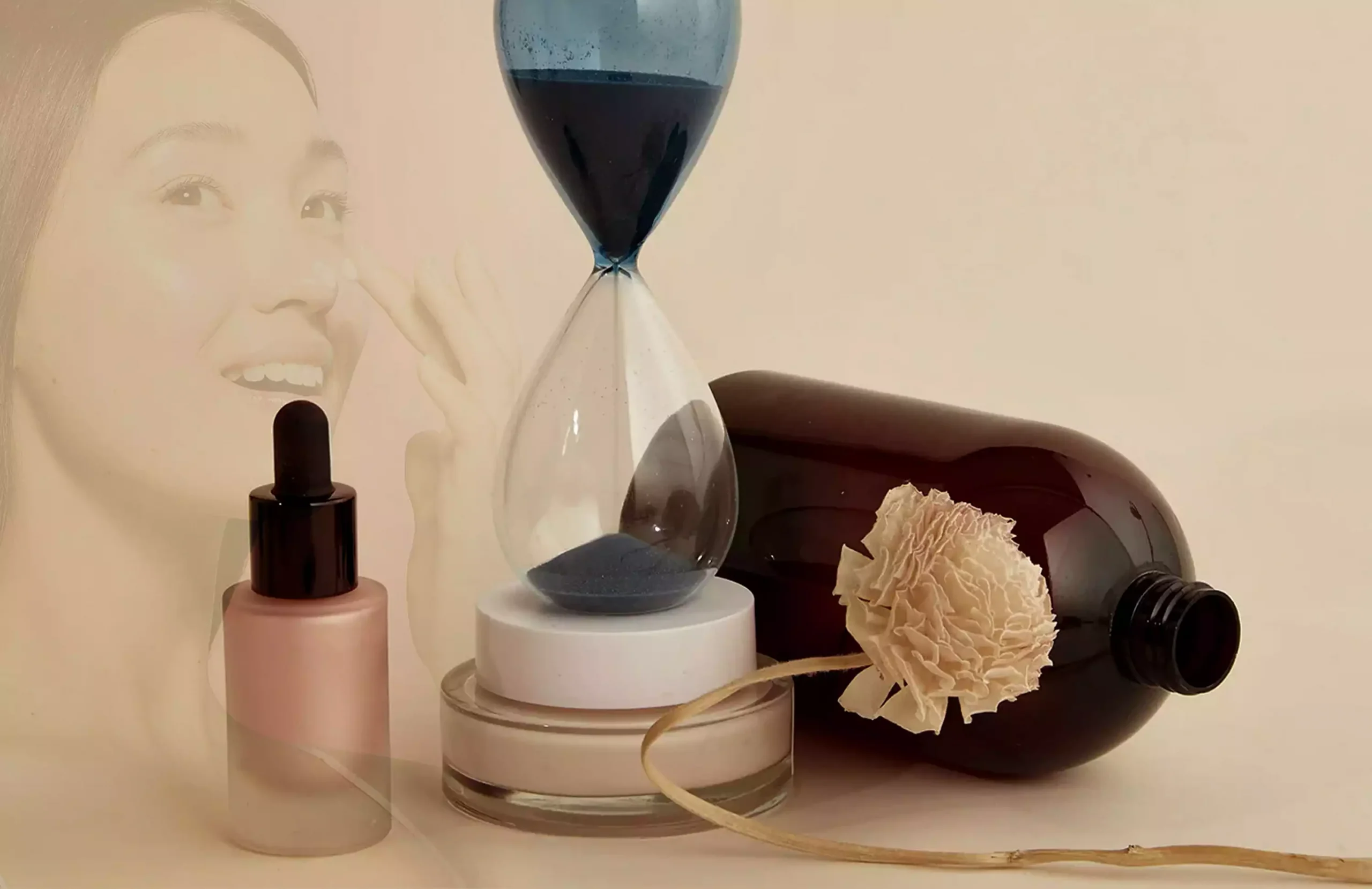Despite a greater emphasis on sustainability, it seems the beauty and skincare industries are not doing enough to reduce waste.
The beauty industry has a lot to answer for. Just as it is in apparel, waste is built into beauty’s business model. The environmental impact cannot be overlooked, from excessive packaging that contributes to landfill waste to an emphasis on natural, organic components that may be damaging to ecological communities.
However, most efforts to reduce waste have been focused on packaging, with other types of waste being overlooked. Formula testers, unsold or returned products, and items that expire in warehouses or on retail shelves all contribute to waste, too. There is also a lack of data on how much is actually wasted, as well as options for better waste management. Nonetheless, our fascination with beauty, particularly skincare, shows no signs of easing.
In 2020, one thing, in particular, could be seen to aggravate beauty’s sustainability issue: The shelfie. On Instagram, you’d be hard-pressed not to come across at least one photo of a cabinet crammed with apothecary-style dropper bottles and charming pastel pots, all with delightful names and buzzy skincare ingredients. Is your beauty routine even thought of as a complete routine without a serum, toner, essence, exfoliator, and at least two cleansers these days?
While it may appear that collecting skincare in this fashion is frivolous and excessive, not everyone is making these purchases for mindless fun. Self-care has been particularly necessary throughout the uncertainty of the Covid-19 lockdowns, and people have turned to skincare as a popular method of self-care. This might be because we’ve become especially aware of our own skin after spending lengthy periods looking at ourselves on Zoom.
Recently though, personalised skincare has gained favour amongst beauty lovers and skin specialists who are rejecting the one-size-fits-all approach and seeking solutions that are tailored particularly to their skin’s needs. It makes sense to invest in focused skincare that genuinely works, especially because Coronavirus-induced stress and anxiety has exacerbated skin disorders, with doctors noting breakouts, eczema, and heightened sensitivity among patients.
Many of the brands championing a personalised approach have eco-friendly credentials at their core, in addition to claims of amazing results. Companies are not only pushing science, but they are also actively seeking to help the planet. To boost their sustainable credentials, brands are experimenting with the traditional made-to-order system. While this originated in fashion, it has since spread to numerous lifestyle industries, including beauty. It is not considered a luxury anymore, but rather a custom solution.
Take, for example, Function of Beauty, who offer personalised hair, skin, and body products. Simply complete their extensive quiz, and the website will match you with appropriate beauty buys and reduce the number of items you use regularly. The brand is also concerned with sustainability. .
“As part of our mission to become more earth-friendly, we recently transitioned our boxes to 100% recyclable kraft packaging made with 30% post-consumer recycled materials [and] ensured our bottles and jars are all 100% recyclable,” reads the brand’s website. 100% post-consumer recycled hair and body care bottles are also in the works, while ingredients (100% vegan and cruelty-free) must pass EU safety standards. There’s also a huge emphasis on ethically sourcing ingredients.

Then there’s Haeckels founder, Dom Bridges, who obtains antibacterial seaweed from Margate beaches to use in handcrafted skincare products ranging from serums to moisturisers. The outer packaging is made from mushrooms, and bottles are made from biodegradable algae rather than plastic.
The company has now introduced made-to-order under-eye masks made from 100% compostable seaweed and mixed with beauty components including moisturising hyaluronic acid and aloe vera. Instead of mass-producing them and adding to more beauty waste, the brand awaits customer orders before shipping them out.

While personalised and even grown-to-order skincare is a move in the right direction, it is not a cure for the beauty industry’s sustainability issues. Though many of us beauty aficionados may not like to admit it, the most obvious way to address the problem is to limit how many products we buy. Not only is reducing your skincare usage good for the environment, but it may also be good for your skin. Layering many products is unnecessary and risks harming or disrupting your skin barrier.
While beautiful branding and industry claims can easily convince you, determining your skin type and purchasing products tailored to your skin’s specific needs is a good place to begin when it comes to minimising how much you buy. Booking a virtual skincare appointment with one of the numerous experts who now give guidance and product suggestions via Zoom or FaceTime may also be beneficial.
Even the slightest adjustment in the way we consume beauty products can make a significant difference – whether it’s questioning your favourite brands’ eco-credentials, investing in companies with an ethical and transparent supply chain, or simplifying your skincare routine.


